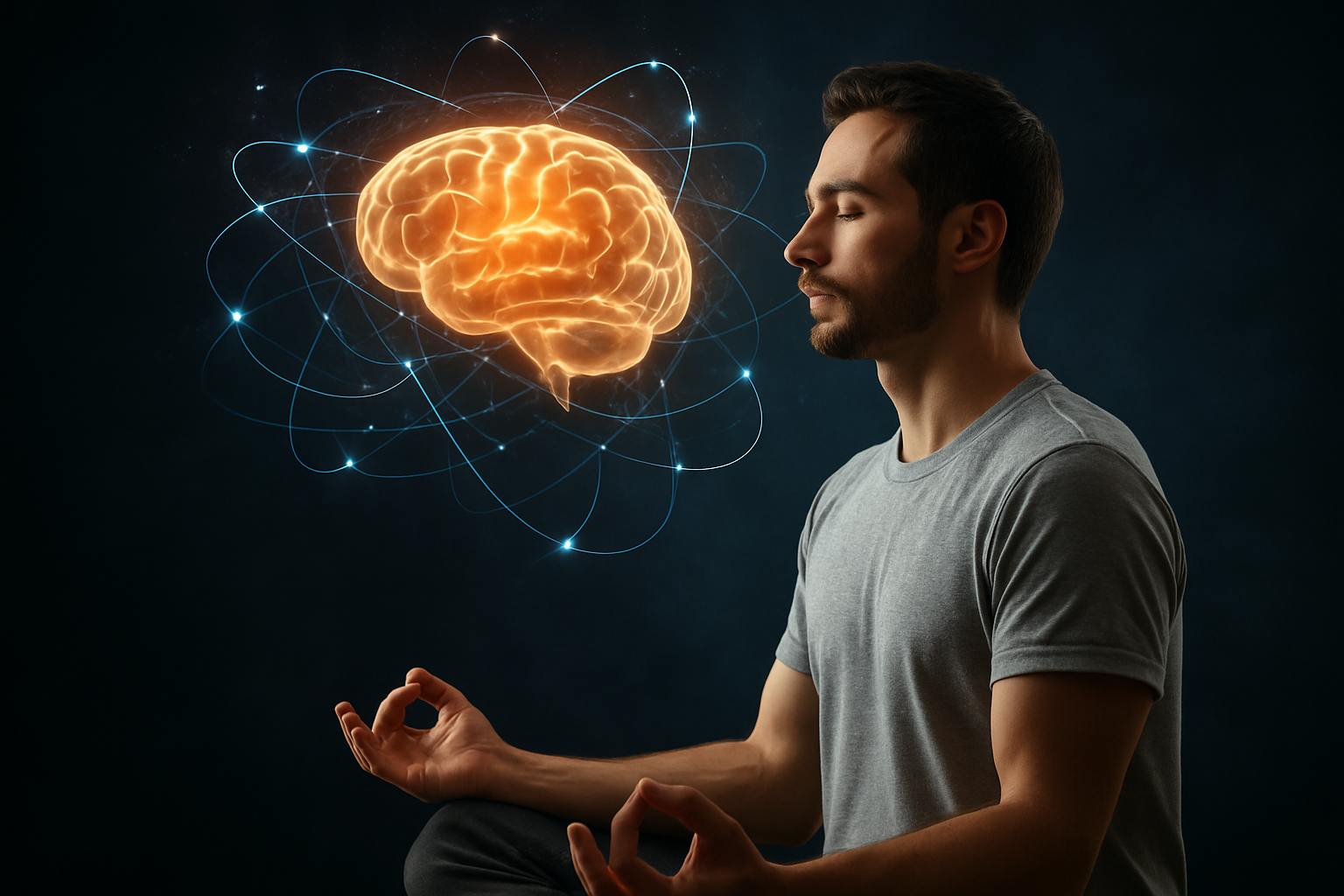How Brain Training Exercises Help Keep Your Mind Active
Brain training involves activities that challenge your thinking and memory in everyday ways. This article explains how puzzles, memory games, and problem-solving exercises work, how different tasks focus on different skills, and how practicing regularly can help you notice patterns, think faster, and enjoy learning new ways to use your mind.

As we age, maintaining cognitive health becomes increasingly important. Brain training exercises provide structured ways to challenge the mind, potentially supporting memory retention, processing speed, and overall mental agility. While the brain naturally changes over time, engaging in regular mental exercises can help keep neural pathways active and promote cognitive resilience. Understanding how these exercises work and which types offer the most benefit can help individuals make informed choices about their mental wellness routines.
What Are Brain Games for Adults and How Do They Work?
Brain games for adults are activities specifically designed to challenge cognitive functions such as memory, attention, logic, and spatial reasoning. These games range from digital applications to traditional paper-based puzzles like crosswords and Sudoku. The underlying principle is neuroplasticity, the brain’s ability to form new neural connections throughout life. When adults engage in challenging mental tasks, they stimulate different brain regions, potentially strengthening existing pathways and creating new ones. Research suggests that varied, challenging activities provide the most comprehensive cognitive benefits, as they engage multiple brain systems simultaneously. Popular formats include pattern recognition games, word puzzles, number challenges, and strategy-based activities that require planning and foresight.
How Cognitive Skill Exercises Target Different Mental Functions
Cognitive skill exercises focus on specific mental abilities, allowing individuals to address particular areas they wish to strengthen. Attention exercises might involve tracking multiple objects or filtering out distractions, while processing speed activities challenge users to make quick, accurate decisions. Executive function exercises develop planning, organization, and multitasking abilities. Visual-spatial exercises improve the ability to mentally manipulate objects and navigate environments. Language-based activities enhance verbal fluency and comprehension. By targeting specific cognitive domains, these exercises allow for personalized mental training programs. Many brain training platforms offer assessments to identify strengths and weaknesses, then tailor exercises accordingly. The key is consistency and progressive difficulty—starting at an appropriate level and gradually increasing complexity as skills improve.
Memory Improvement Activities That Support Recall and Retention
Memory improvement activities specifically target the brain’s ability to encode, store, and retrieve information. These exercises include techniques like mnemonic devices, visualization strategies, and spaced repetition systems. Memory matching games challenge short-term recall by requiring players to remember card positions or sequence patterns. Story-based memory exercises ask participants to recall details from narratives, strengthening episodic memory. Number memorization activities, such as remembering phone numbers or sequences, build working memory capacity. Research indicates that combining multiple memory strategies yields better results than relying on a single approach. Activities that engage emotional connections or personal relevance tend to produce stronger memory traces. Regular practice with varied memory tasks can help maintain recall abilities and may support everyday functions like remembering names, appointments, and important information.
Mental Exercises for Focus and Sustained Attention
Mental exercises for focus help develop the ability to maintain concentration over extended periods while filtering out distractions. These activities train both selective attention—focusing on specific stimuli while ignoring others—and sustained attention—maintaining focus over time. Meditation and mindfulness practices represent one category of focus training, teaching individuals to notice when attention wanders and gently redirect it. Digital exercises might involve tracking moving objects, identifying subtle changes in visual scenes, or maintaining accuracy during repetitive tasks. Reading comprehension activities that require summarizing or analyzing text also build focused attention. Time-based challenges that gradually extend duration help build mental stamina. In our distraction-filled environment, developing strong focus skills supports productivity, learning, and overall cognitive performance. Regular practice can lead to measurable improvements in attention span and concentration quality.
Problem-Solving Puzzles That Enhance Logical Thinking
Problem-solving puzzles develop logical reasoning, critical thinking, and analytical skills. These activities require identifying patterns, testing hypotheses, and working through multi-step solutions. Classic examples include logic grid puzzles, where solvers use clues to determine relationships between variables, and spatial puzzles like tangrams that require manipulating shapes to form specific patterns. Strategy games such as chess demand planning several moves ahead and anticipating consequences. Mathematical puzzles build numerical reasoning and abstract thinking. Riddles and lateral thinking problems encourage creative approaches to challenges. The cognitive benefits extend beyond puzzle-solving itself—these skills transfer to real-world situations requiring decision-making, troubleshooting, and strategic planning. Regularly engaging with diverse problem-solving activities helps maintain mental flexibility and adaptability, qualities that support cognitive health throughout life.
Integrating Brain Training Into Daily Routines
Successfully incorporating brain training into daily life requires finding activities that fit personal preferences and schedules. Some individuals prefer dedicated sessions with brain training apps, while others integrate mental challenges naturally throughout their day. Reading challenging material, learning new skills, engaging in strategic conversations, and tackling unfamiliar tasks all provide cognitive stimulation. Variety matters—rotating between different types of mental exercises prevents adaptation and ensures comprehensive cognitive engagement. Social activities that involve mental challenge, such as book clubs or game nights, combine cognitive benefits with social interaction, which independently supports brain health. Starting with manageable commitments and gradually building a routine increases long-term adherence. The most effective brain training program is one that remains engaging and sustainable over time, making mental fitness a natural part of everyday life rather than a burdensome obligation.
Conclusion
Brain training exercises offer accessible ways to support cognitive health and mental agility throughout life. From brain games for adults that challenge multiple cognitive domains to specialized activities targeting memory, focus, and problem-solving skills, these exercises provide structured opportunities for mental engagement. While brain training should complement rather than replace other healthy lifestyle factors like physical exercise, social connection, and proper nutrition, it represents a valuable tool for those seeking to maintain mental sharpness. By understanding the different types of cognitive exercises available and integrating varied activities into regular routines, individuals can take proactive steps toward supporting their long-term cognitive wellness.




